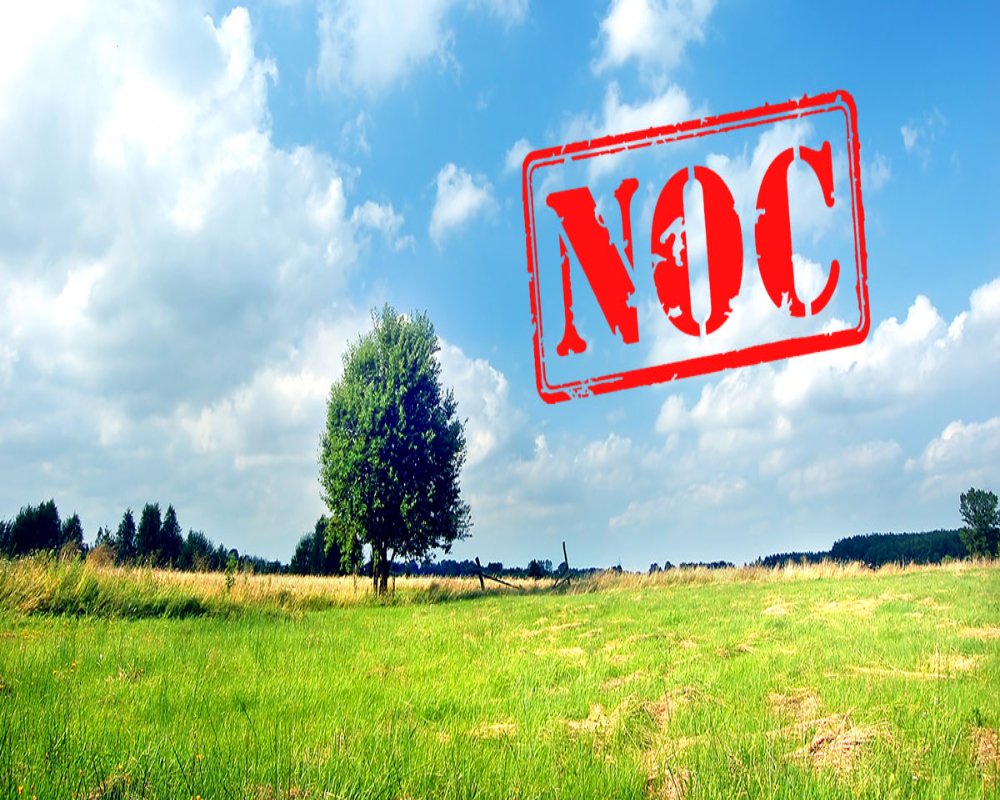Municipal or Public Water Supply
Many industrial sites are served by a municipal water system, providing treated and pressurized water for domestic use, fire protection, and industrial processes. This is the most common and reliable source in urban and developed areas.
- Delivered through a public utility or water district
- Metered connection typically located at the property boundary
- Offers consistent flow rates and regulatory compliance for potable use
Private or On-Site Water Systems
In rural or undeveloped areas, the site may rely on a private well or an independent water system. These systems are designed to meet the specific needs of the facility but may require regular testing and maintenance.
- Includes drilled wells, storage tanks, and filtration systems
- May be used for non-potable or supplemental purposes
- Subject to local health department regulations and permitting
Confirmed Through Utility Maps and Site Plans
The type of water supply serving a site is detailed in utility service plans, civil engineering drawings, or records from the local water authority. These documents indicate the source, capacity, and connection point.
- Utility maps show municipal water lines and service availability
- Site plans identify meter locations, pipe sizes, and connection types
- Water provider can confirm service details and usage limits


